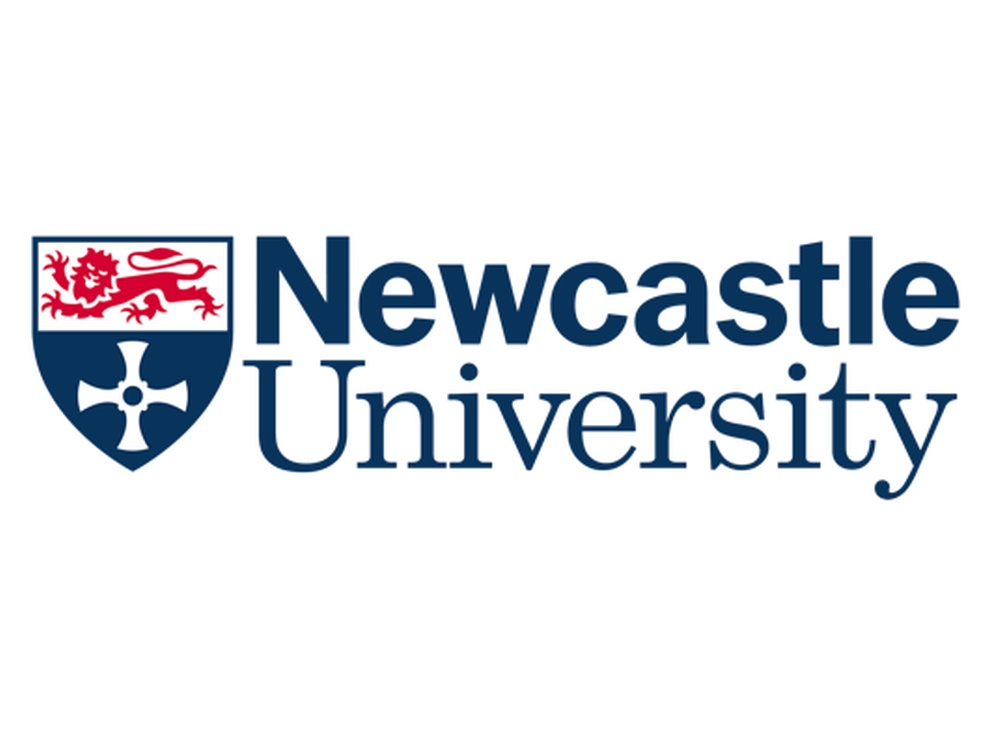What is this study about?
The EXPLORE study aims to collect information from people with mitochondrial disease who experience stroke-like episodes (SLEs), as well as information from people who live with, or have cared for, people who experience SLEs.
The researchers want to know:
- How easy it is to tell when a SLE is happening.
- How people find their experiences of hospital treatment for SLEs.
- Whether treatment/support is offered following SLEs to help recovery and what people think about this.
- The impacts of SLEs on your education, employment and family life (if applicable).
This will help researchers to understand what improvements to current treatments are needed, and what information might be useful to people who experience SLEs.
Where will the study take place and who is responsible?
Newcastle University are sponsoring this study which means they are responsible for its conduct and management. You will have a choice of attending in-person at Newcastle University or online from your home.
The Chief Investigator for this study is Dr Yi Shiau Ng. Dr Ng has responsibility for the overall conduct of the study.
Who can take part?
People with mitochondrial disease who experience stroke-like episodes and people who live with, or have cared for, people who experience SLEs.
What is involved in taking part?
You will be asked to take part in a group discussion (focus group) about SLEs. At the focus group, you will be asked about your experiences of living with, or caring for someone with, SLEs. You will also be able to hear and discuss the experiences of other people in the group.
All focus groups will be recorded (sound and or video).
You are free to bring someone with you to the focus group for support and assistance.
Are there any risks?
Sharing your experience during the focus group could be upsetting. Before the focus group you will be shown the type of questions that will be asked so that you are prepared.
If, during the focus group, you want to stop or take a break you will be able to do so. Research team members will be available during, and after, the focus group to answer any questions or discuss anything further. If, following the discussion, you need further support the research team will arrange this with you and (if applicable) your clinical care team.
Are there any benefits to taking part?
The study team cannot promise that taking part in the study will help you personally. However, some people find it helpful to share their experiences with others.
It is hoped that the study will help researchers identify the barriers people currently face when accessing medical care for SLEs. It may also help them understand the psychological and social impacts of mitochondrial disease and SLEs.
How do I find out more?
To find out more about this study please contact the study team directly:
Study contact: Isabel Barrow
Tel: 0191 208 3105
Email: [email protected]

